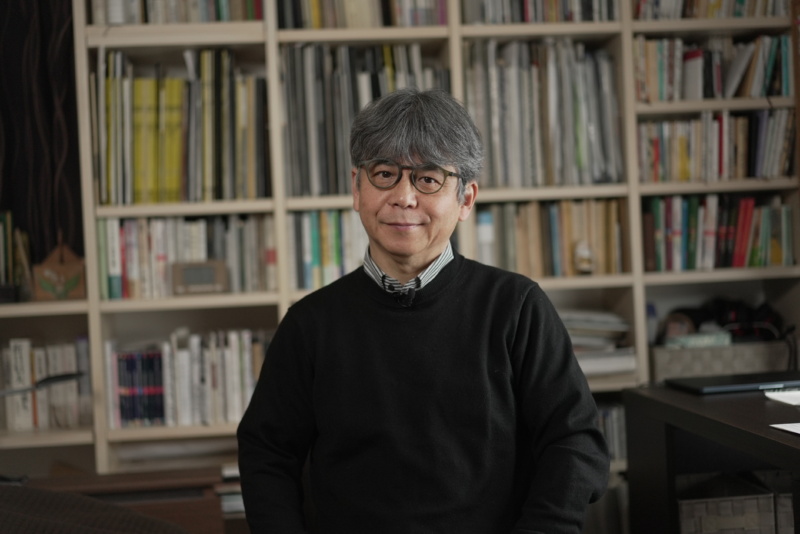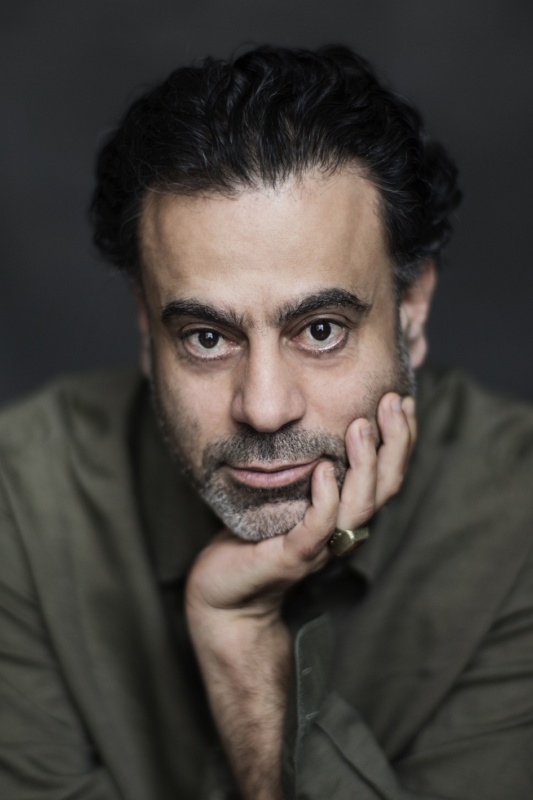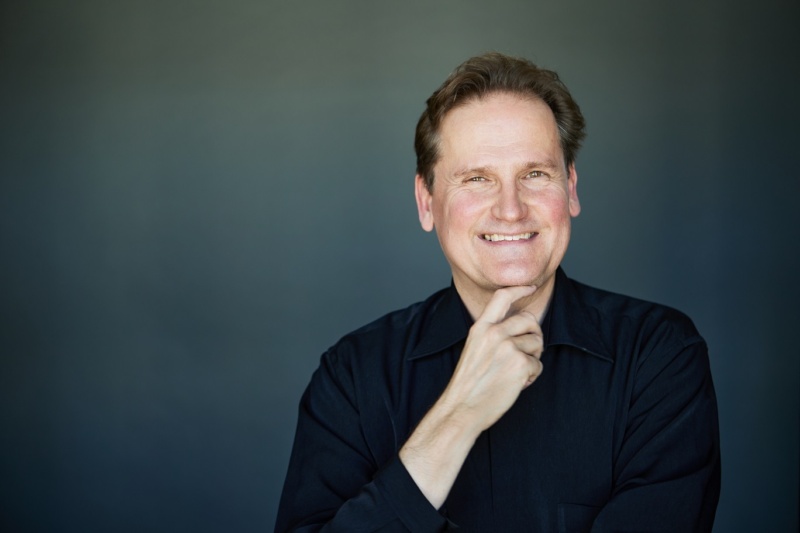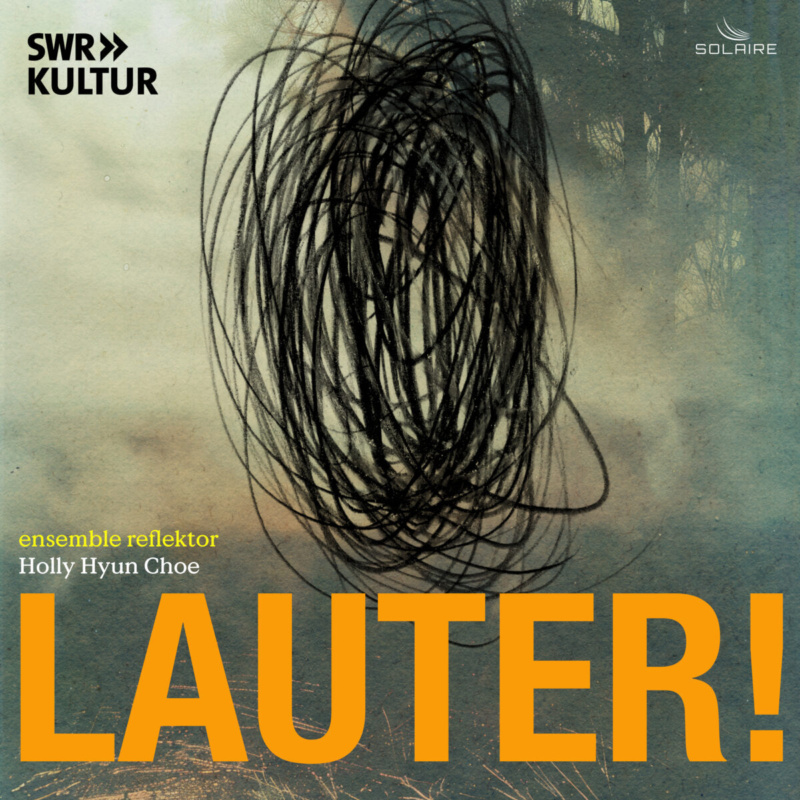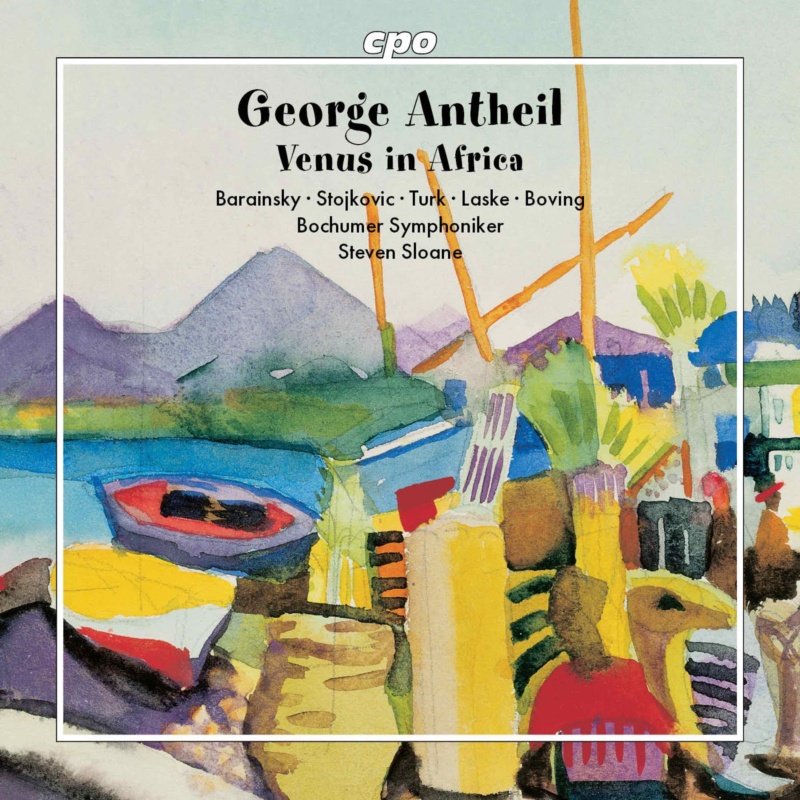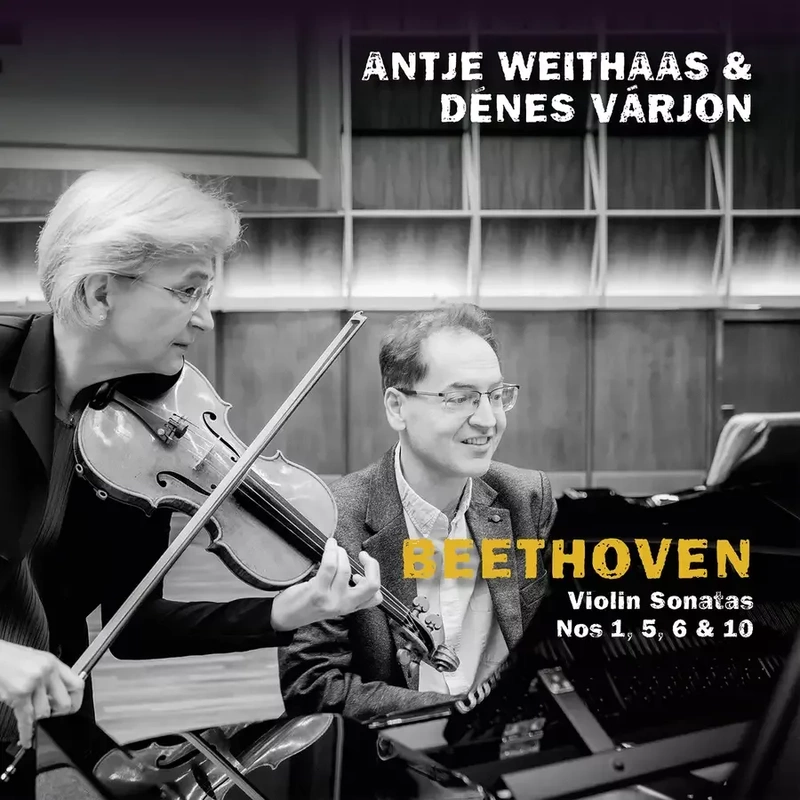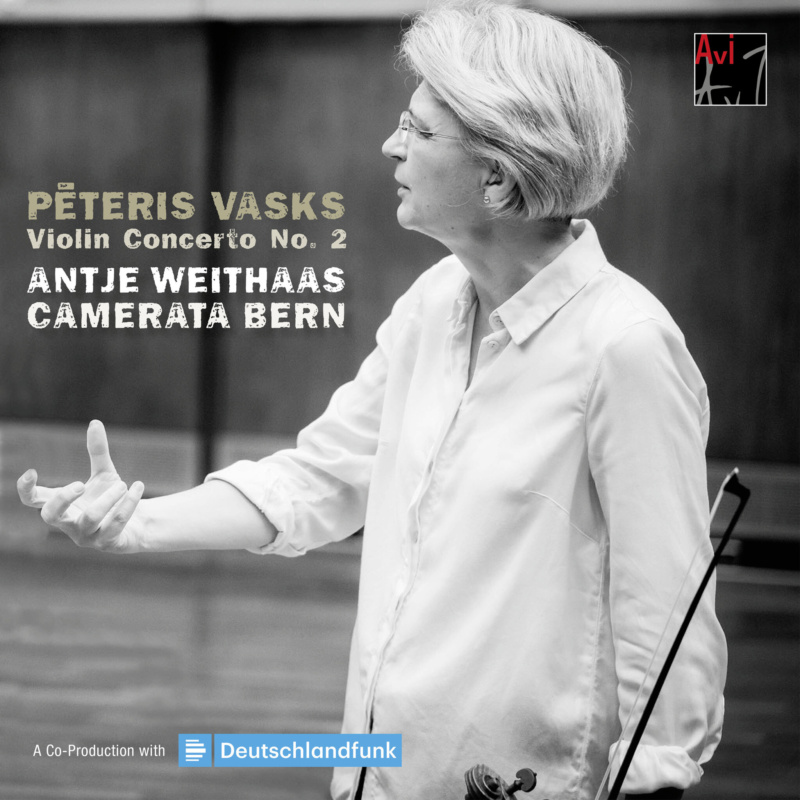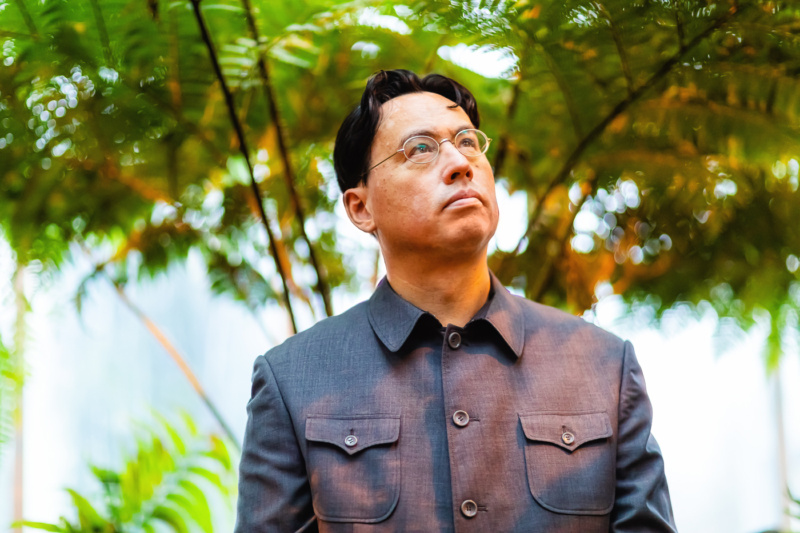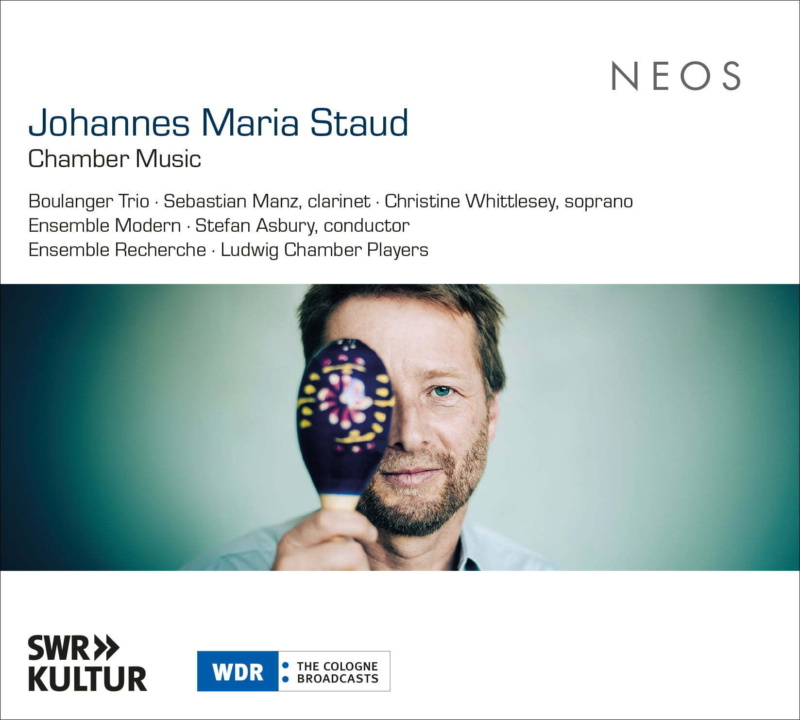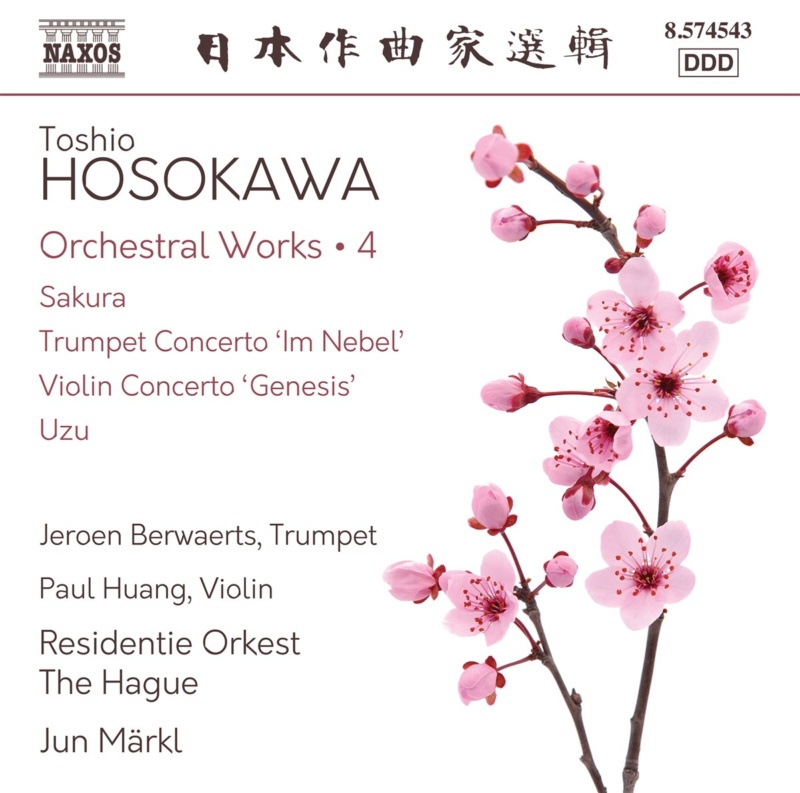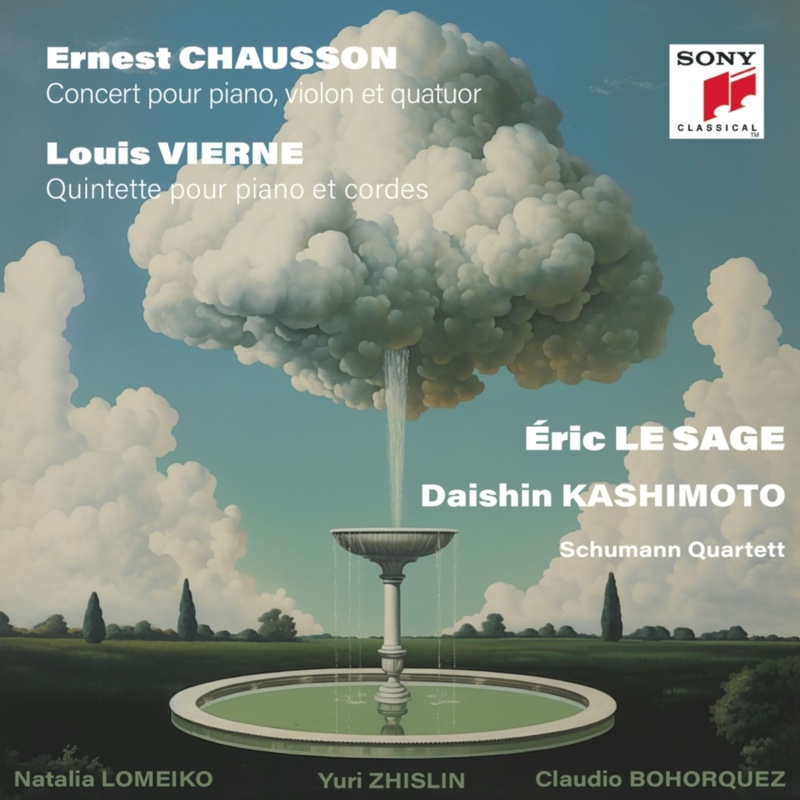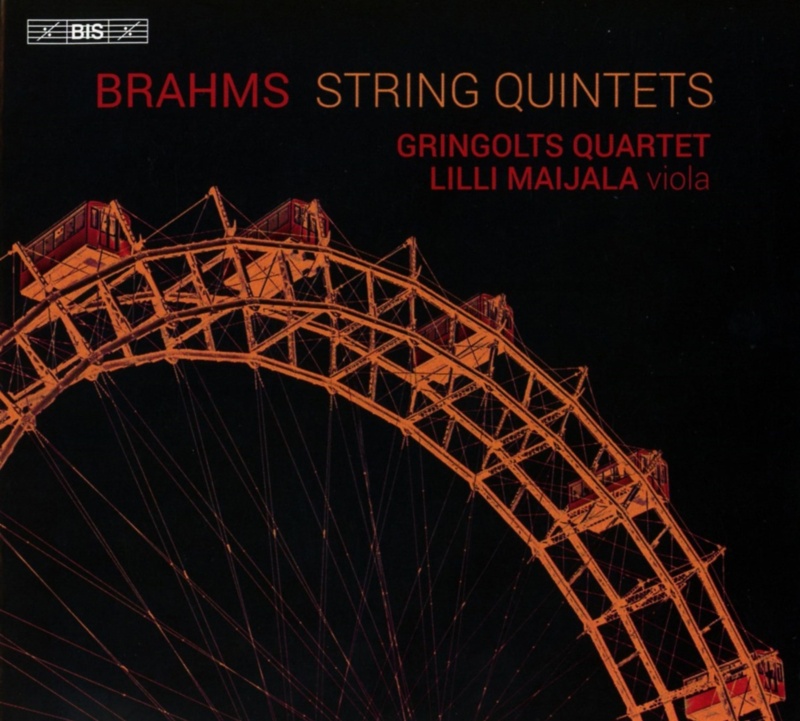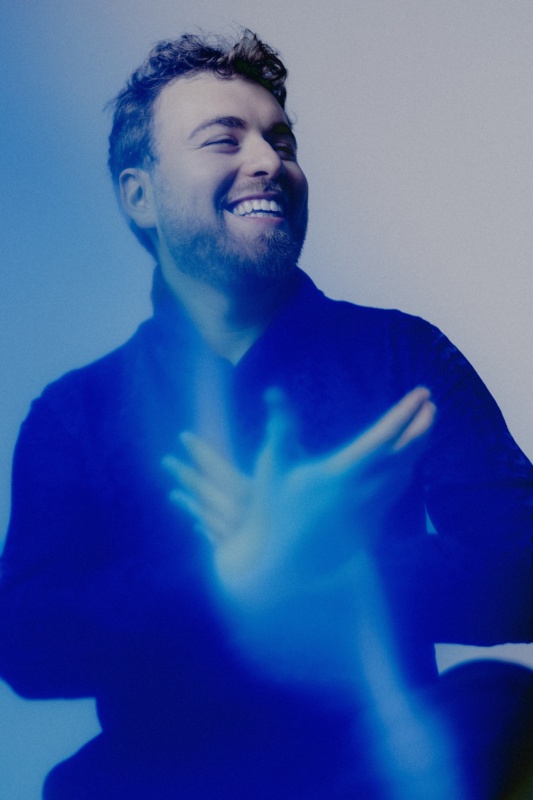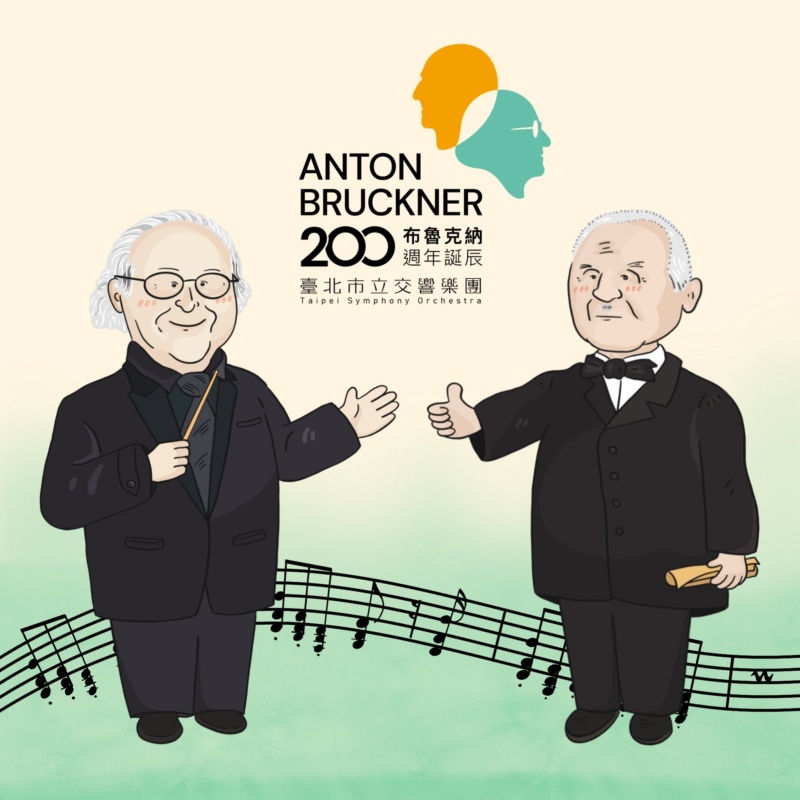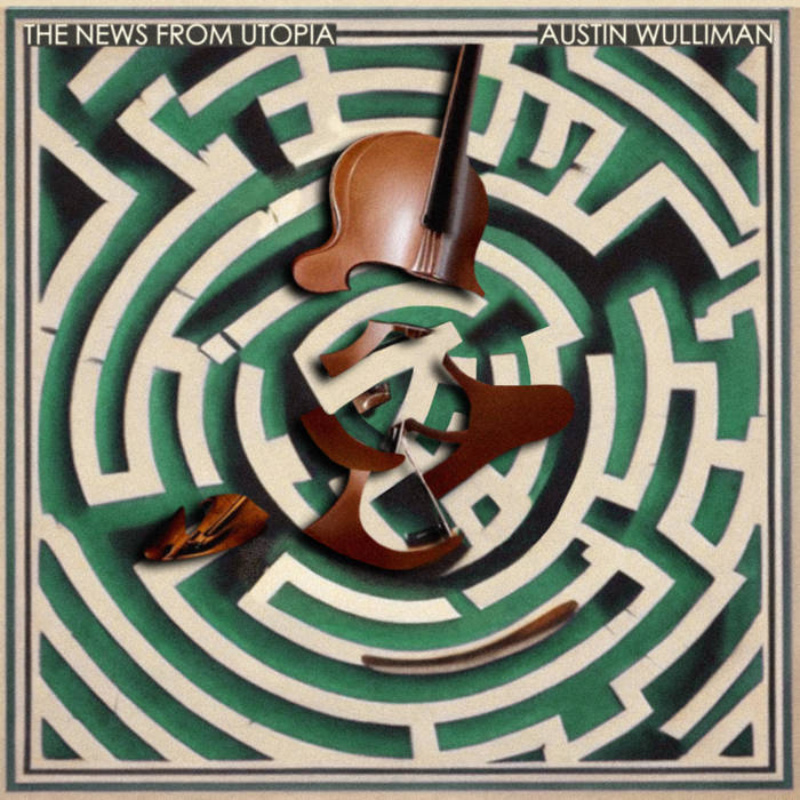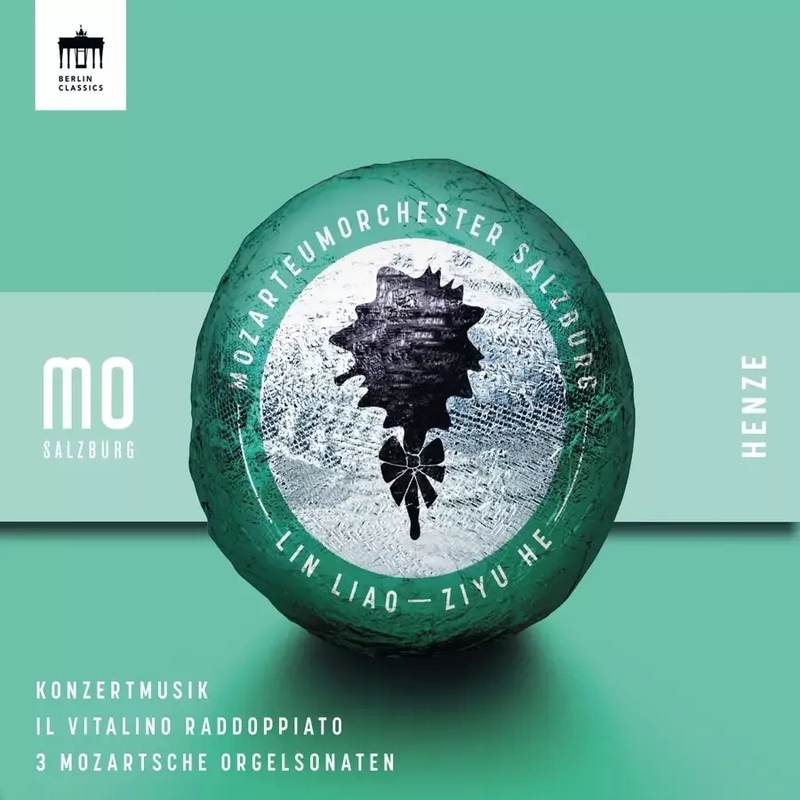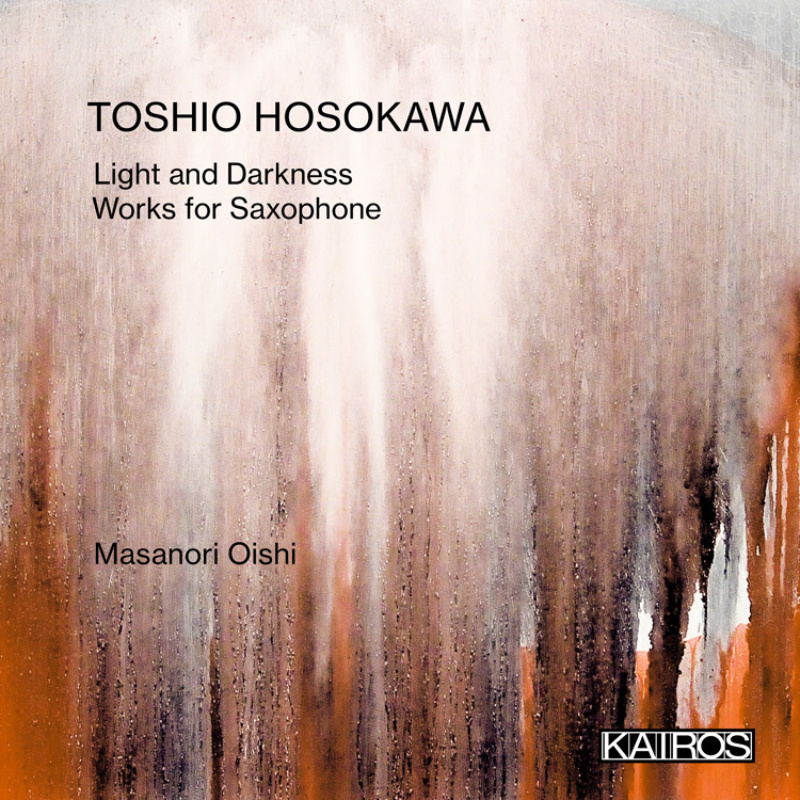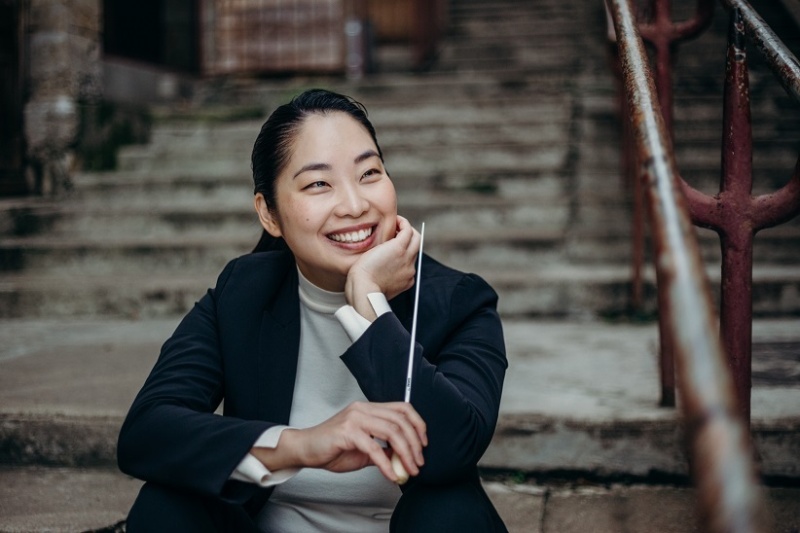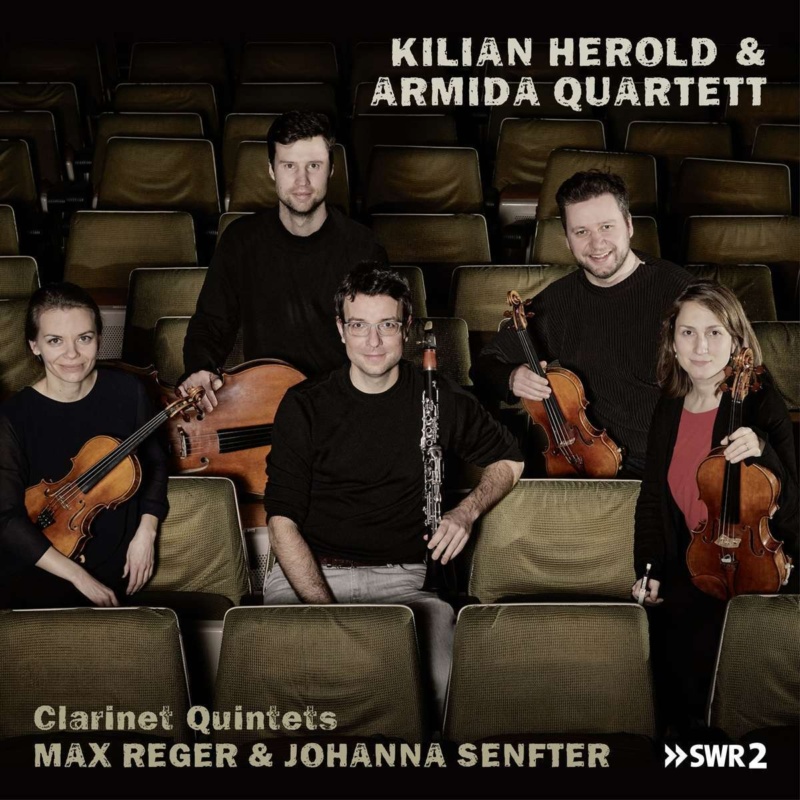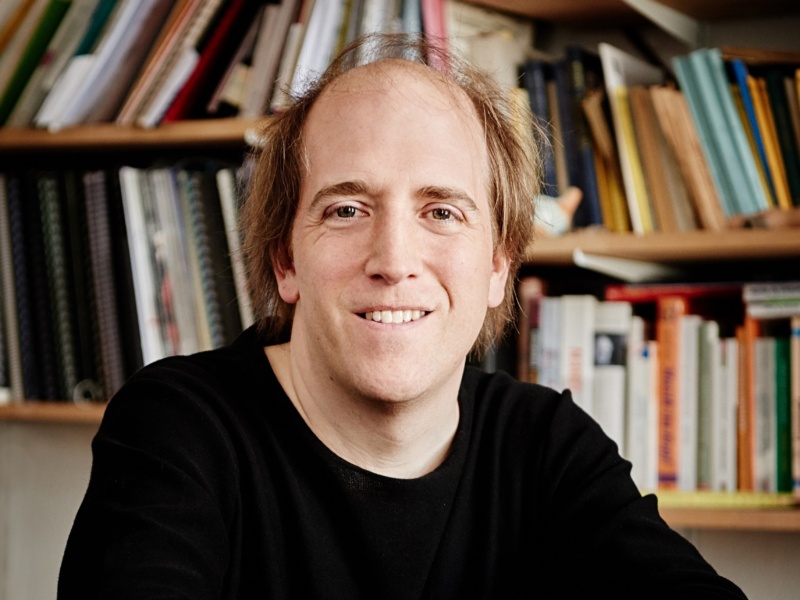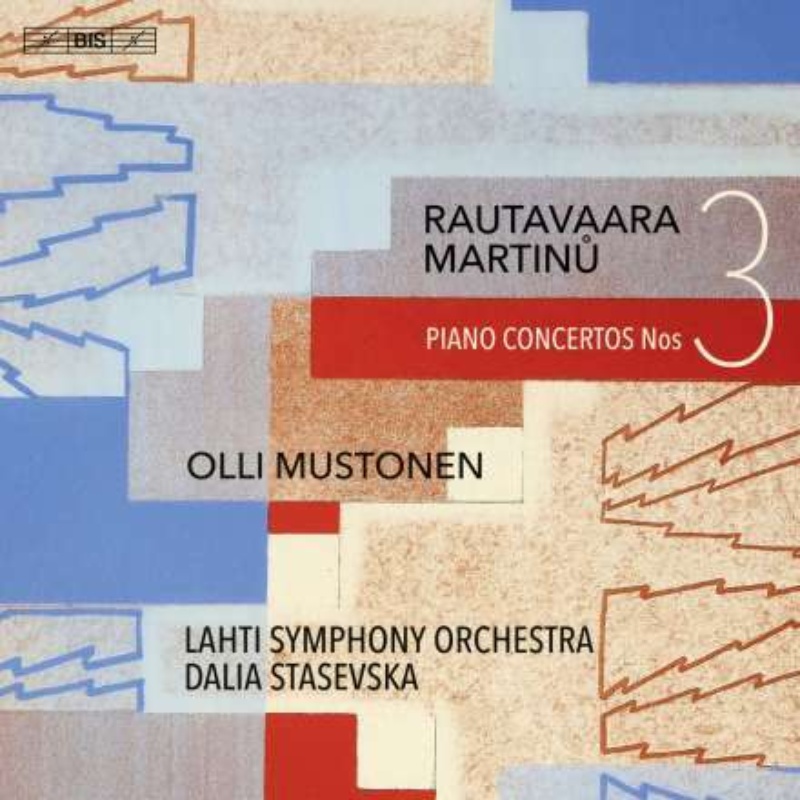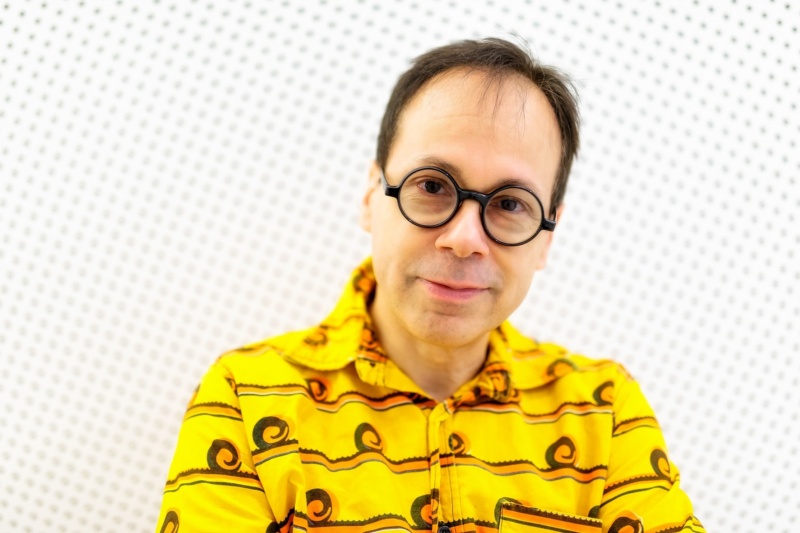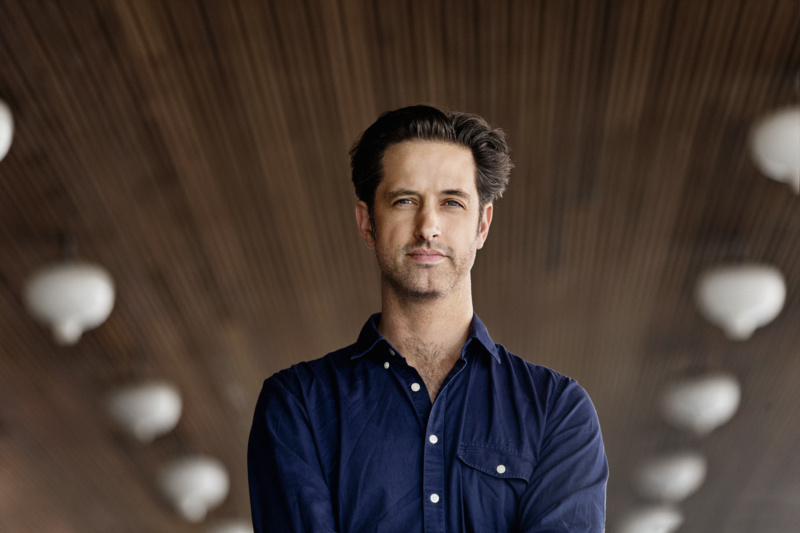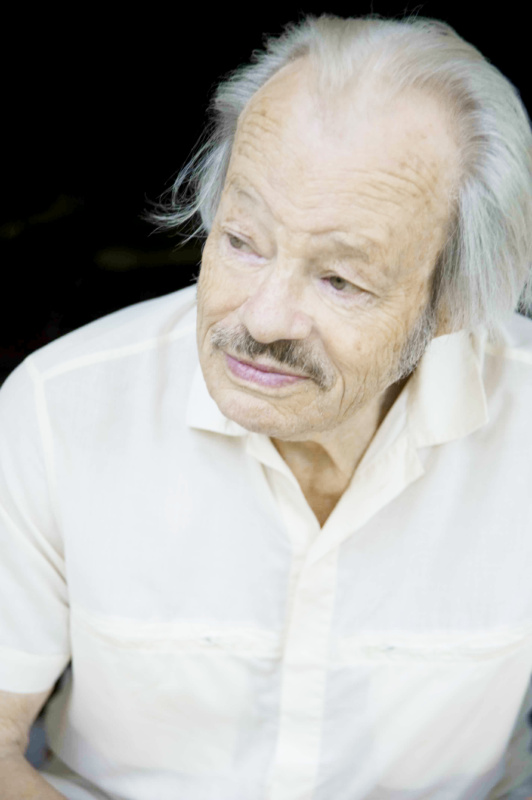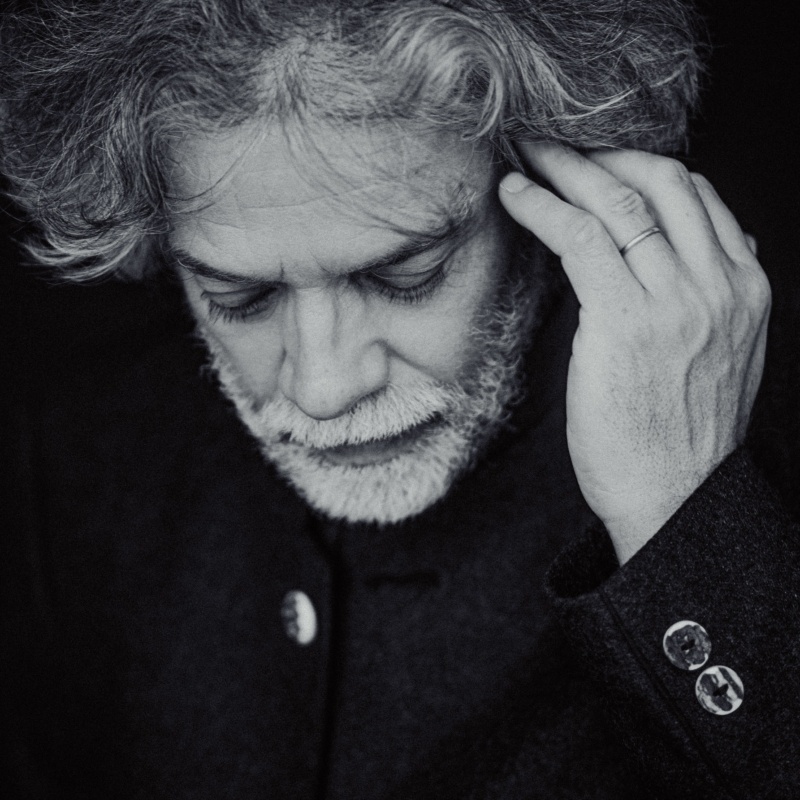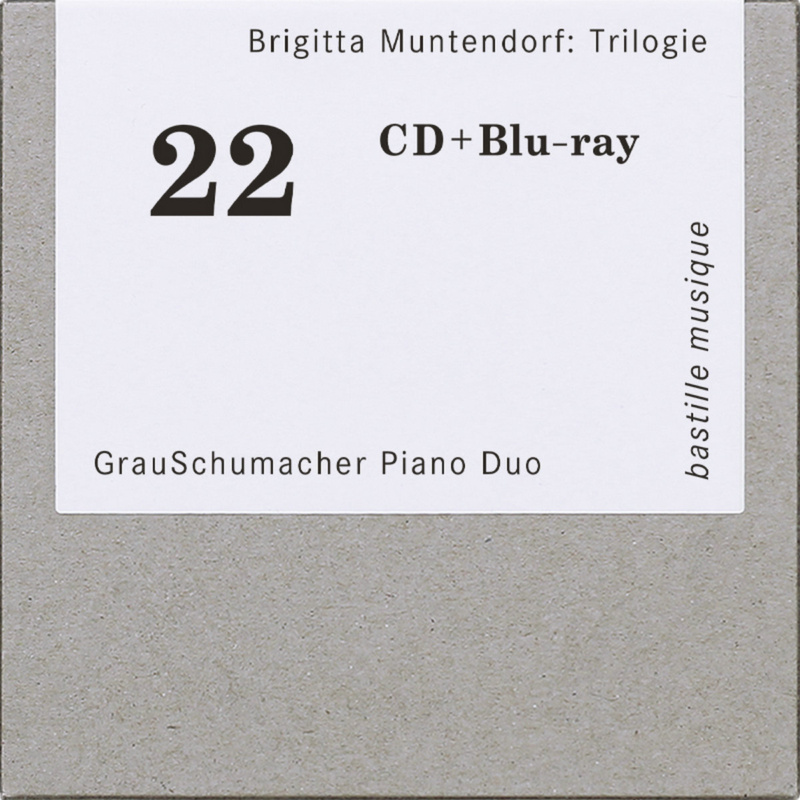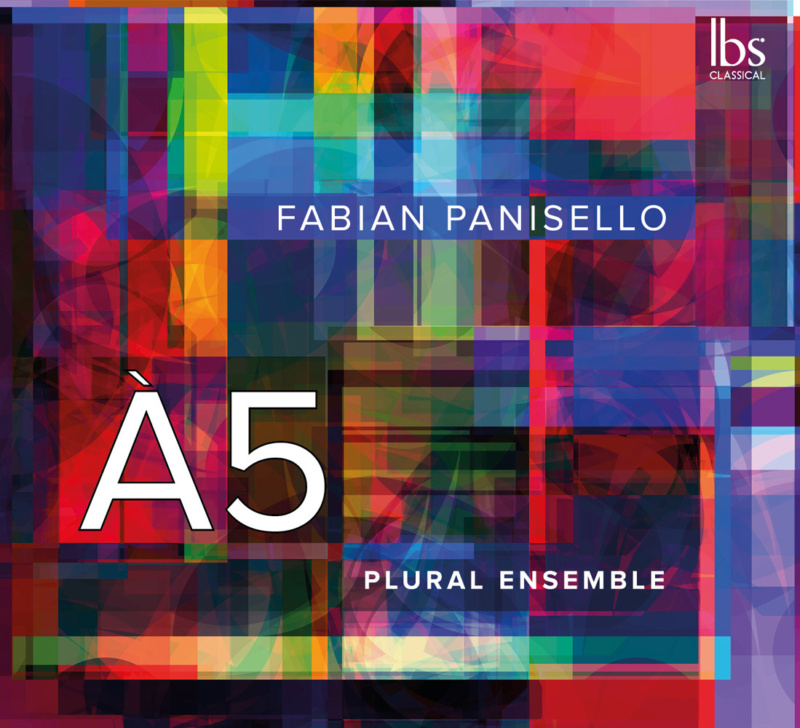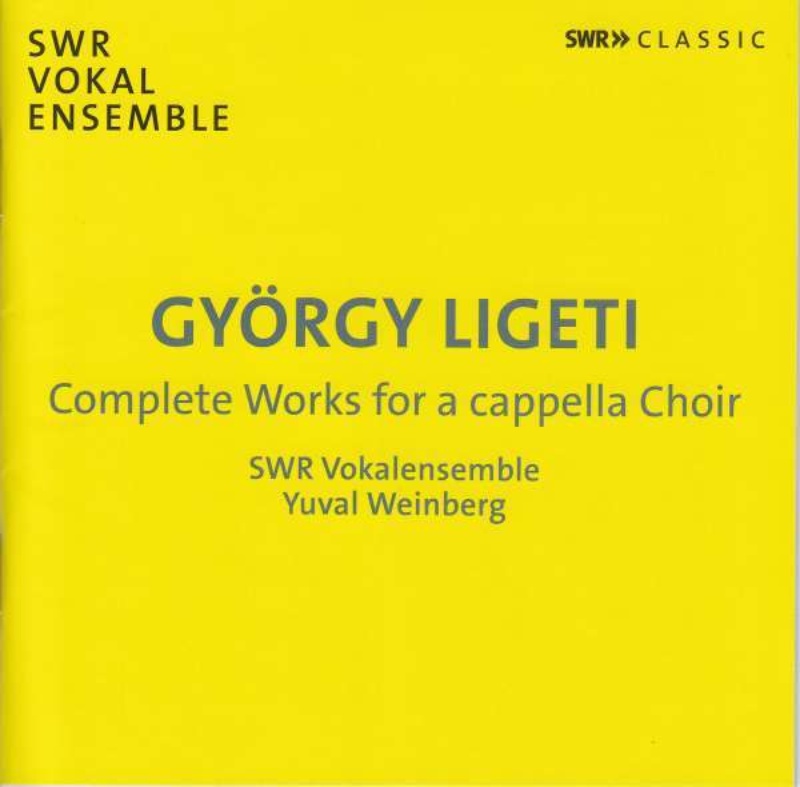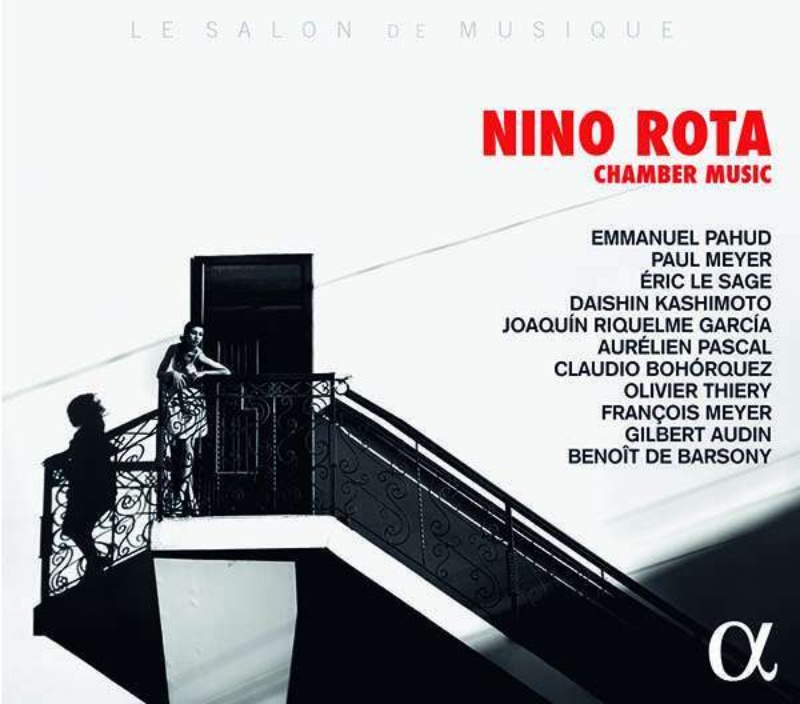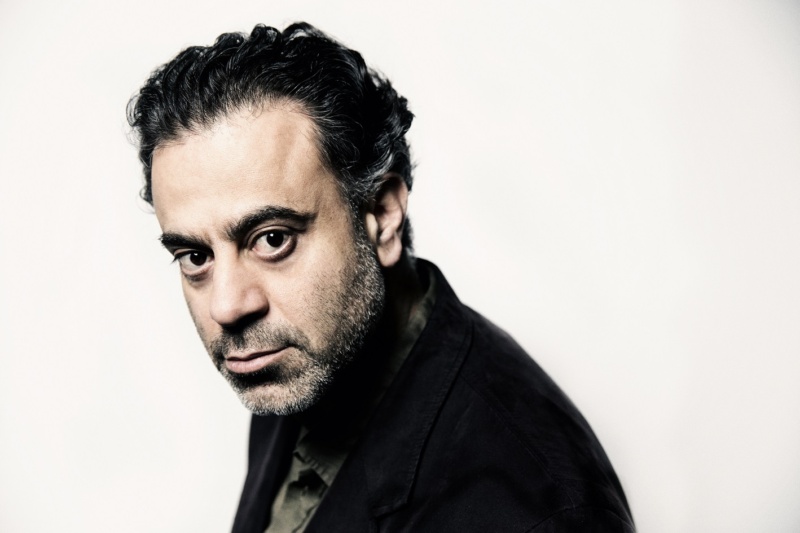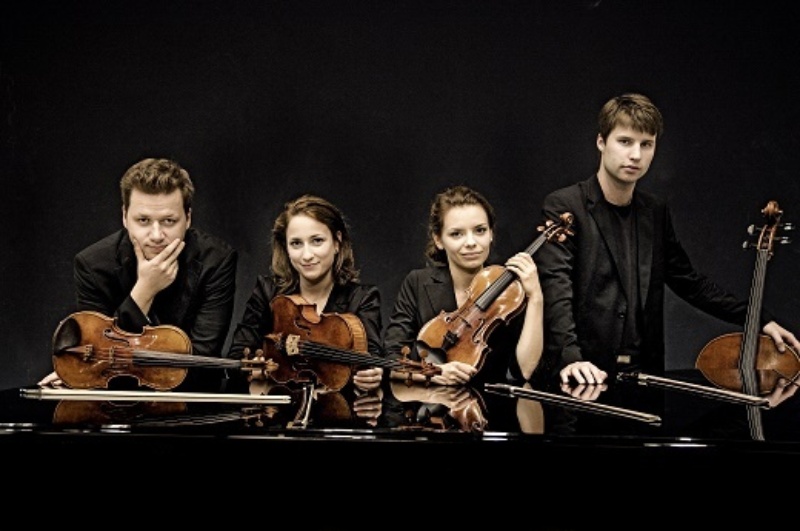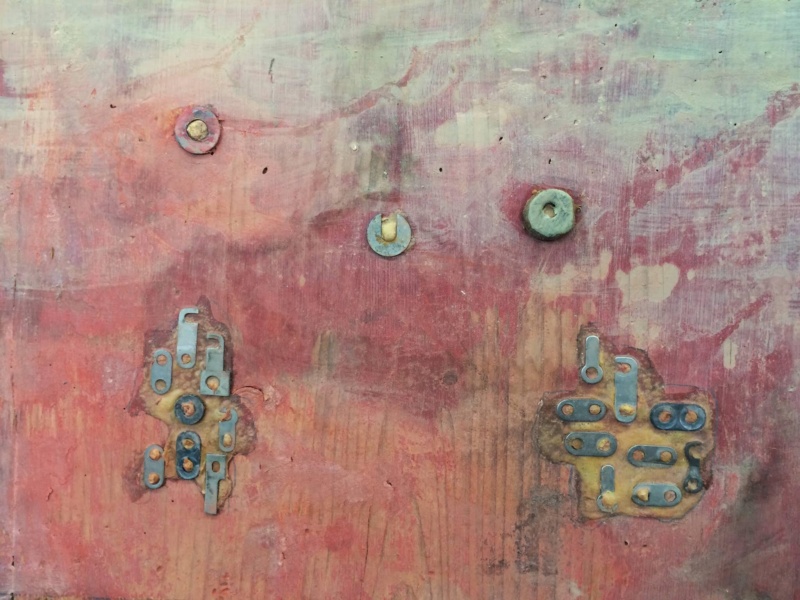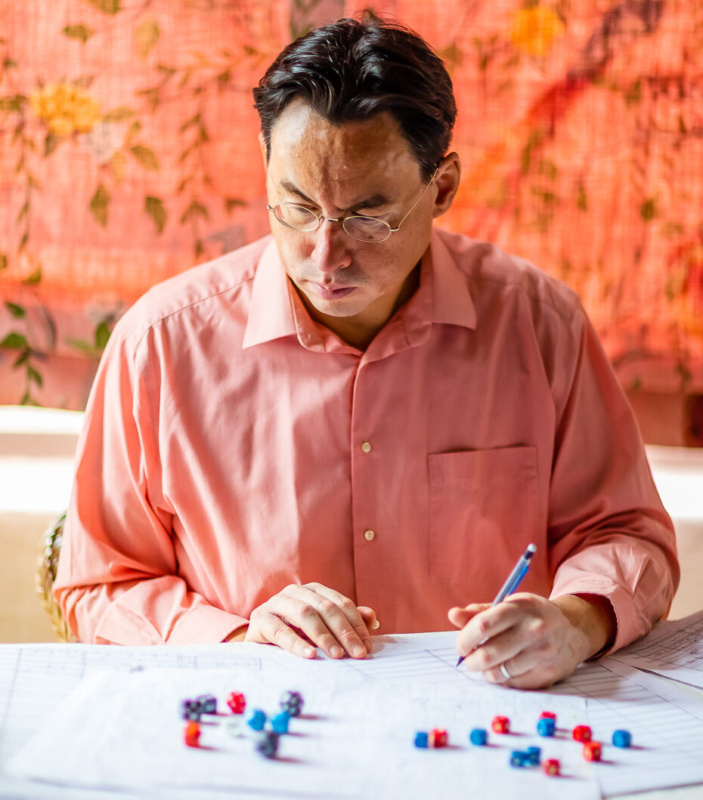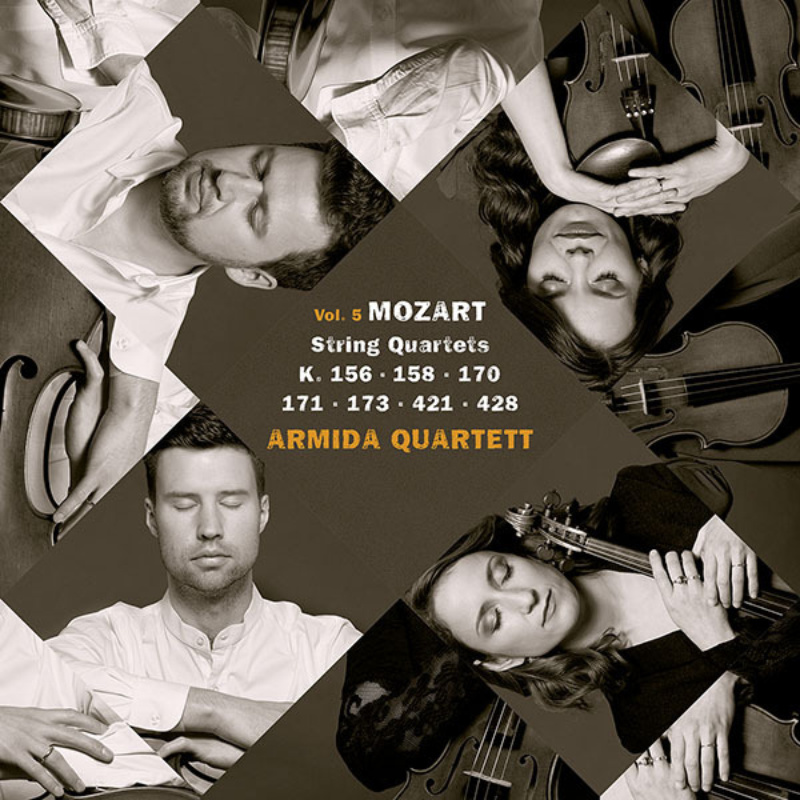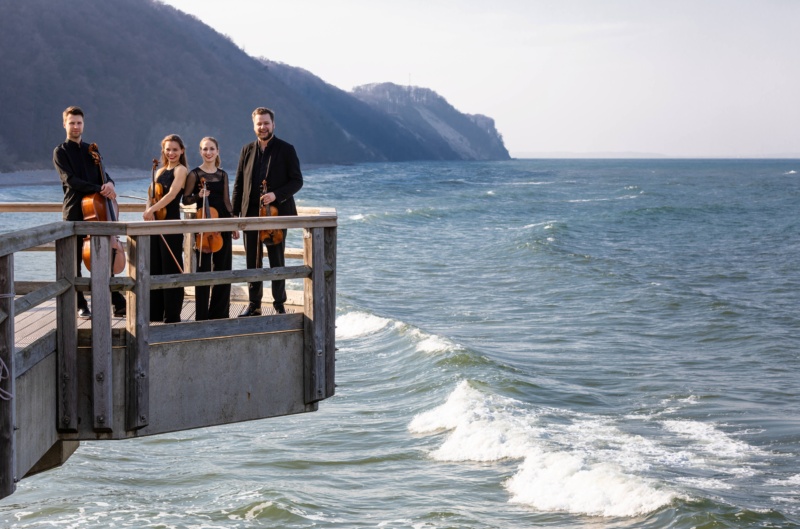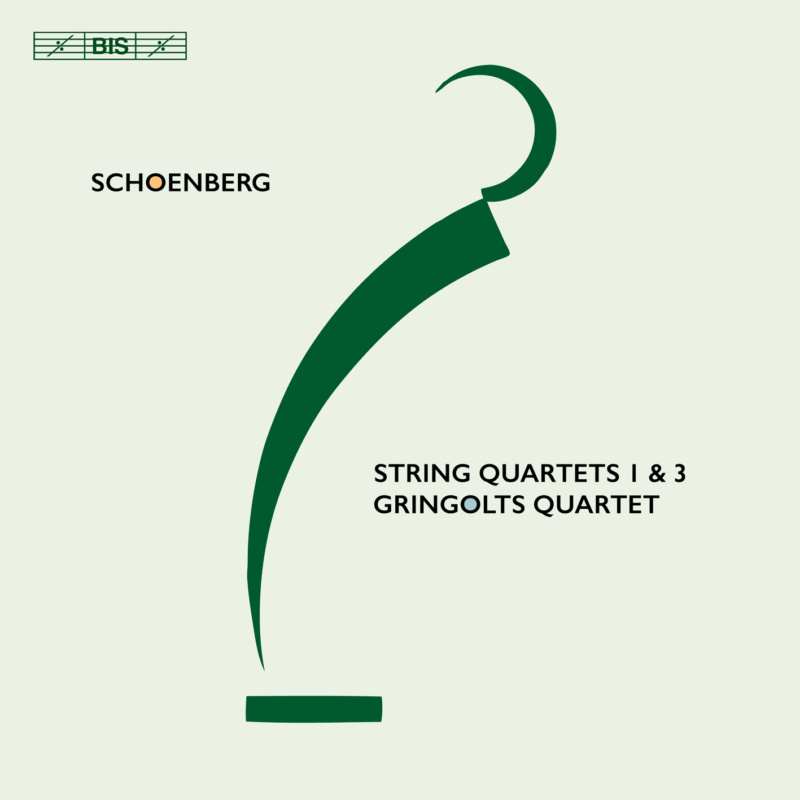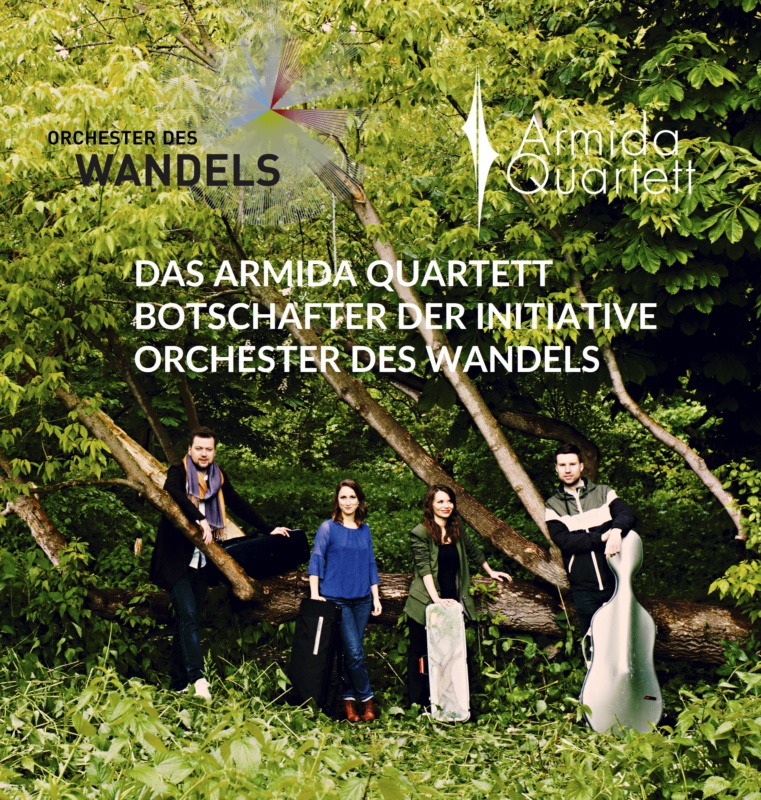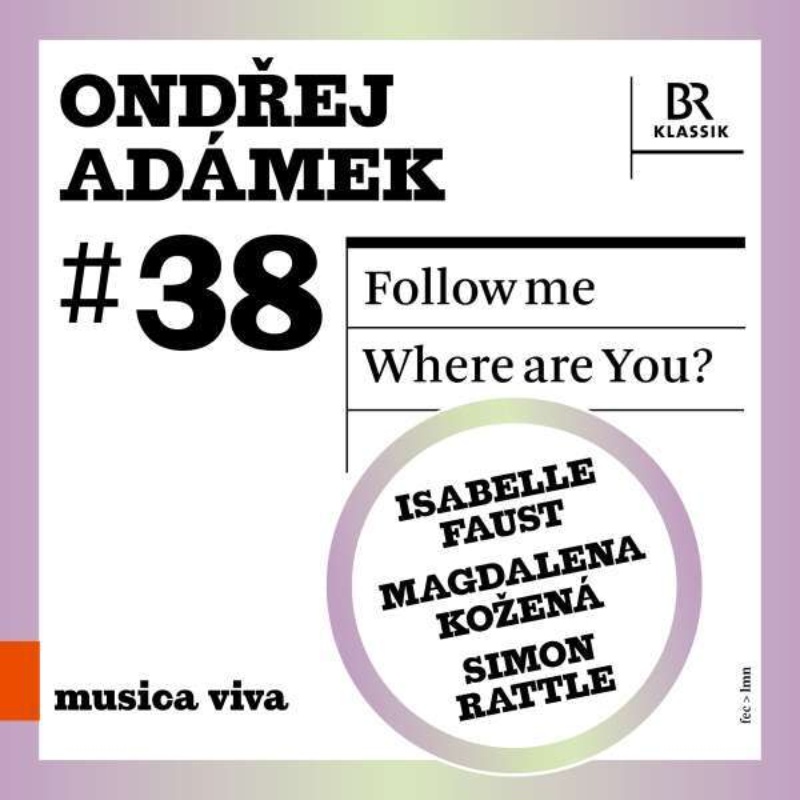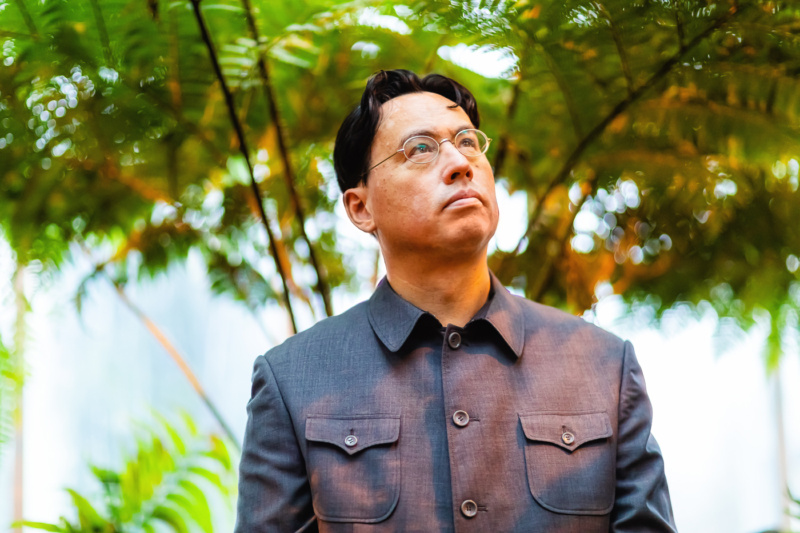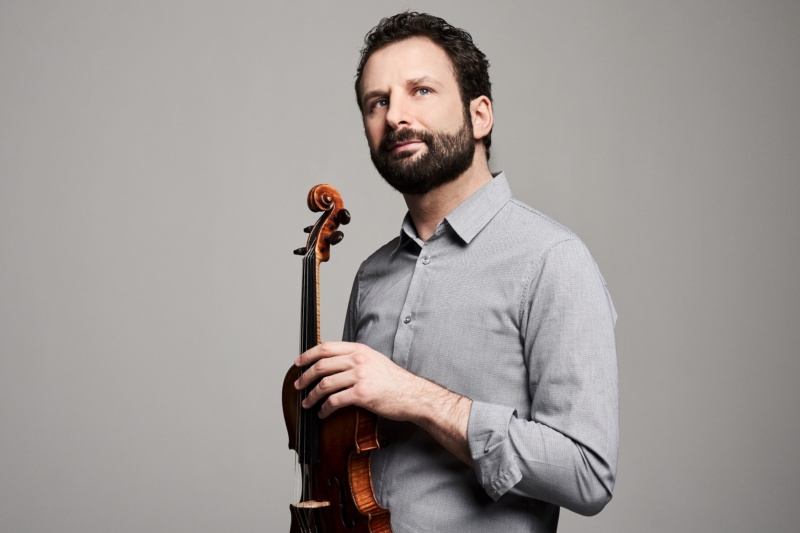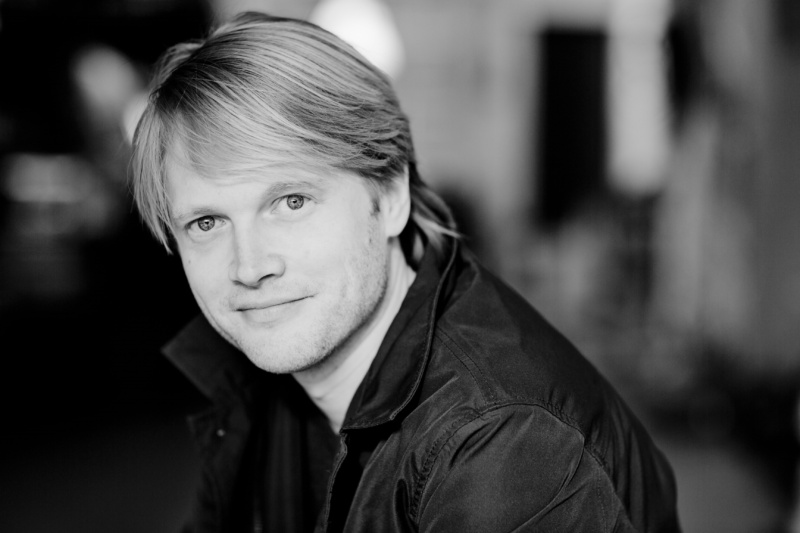NMT: Ms. Fuchs, the Corona pandemic has changed a lot for artists and agencies. What does your personal professional life look like right now?
Maike Fuchs: I'm used to being on the road somewhere different almost every weekend in order to listen to opera performances or concerts by my artists, or to be at conferences. Of course, that's all gone now.
Since the middle of last year, it's been no longer possible for me to work in my home office in Berlin because my building was being renovated - it was completely scaffolded, there was no daylight and it was relatively noisy. So I moved back from Berlin to Hemmingen with all my belongings and currently do my daily work from my parents' living room. Right now I find it quite pleasant to be in this rural atmosphere where life is a bit quieter and you can concentrate on certain things better. I do hope, however, that the situation will soon normalize a bit.
As an artist agent, how do you feel about the current situation - for yourself and for the artists you represent?
In our profession, we have always had to work in a solution-oriented way - the people who always make the impossible possible: If you needed an English-speaking babysitter in Beijing within two hours, you would first call the agency - maybe they have an idea. But that's also what's so difficult for us now, because we're so used to trying to save every concert: at the moment, this is impossible. We stretch ourselves thin and long, and still often enough we can't catch the ball that's thrown at us ...
The lockdown has brought about many restrictions in the cultural sector, and freelance artists are particularly affected. How do you observe this in your environment?
What is of particular concern to us is that there are artists for whom this is a very difficult financial situation. Let me give you an example: We represent a conductor who normally travels to all five continents for professional reasons. He has two children of day-care age, which is why the wife doesn't work - someone has to be around. And now, their entire income has been mostly missing for an entire year.
During the "break from the lockdown" - August to October 2020 - all of our artists did have something to do. That's when some income came back into their accounts. But the difficulty is that self-employed artists don't have the same possibilities as permanent employees – such as, for example, to go on Germany’s concept of “short-time work allowance”(Kurzarbeit). I don’t know if this is widely known, but there are some self-employed artists who found themselves completely excluded from the November benefits Germany offered. Let's take the case of a conductor who mainly takes on opera engagements in Germany and conducts symphony concerts abroad. This means that because the symphony concerts take place abroad, there is no aid for them, since these concerts are not income subject to turnover tax. And for the German opera engagements, he is only employed by the opera house for a short time, which means that this type of income doesn't count for this aid, either. And if someone only concentrates on these kinds of engagements, then he simply falls completely off the grid. We are very concerned when we see how problematic this is for many artists. Of course, through associations such as the IAMA or the BDKV, we are campaigning for an improvement in the situation of freelance artists, but politicians have not really jumped on that bandwagon yet.
Many musicians can hardly or not at all practice their profession at the moment. What does that mean besides all of the existential questions?
It's important to understand that most artists have chosen their profession out of a certain sense of mission. These artists miss their fans and the joy of playing in front of people. No stream can replace this communication with the audience. That is what is slowly wearing everyone down.
And what you must not forget, and this applies to both touring and orchestral musicians: you always need a goal to rehearse towards. And if you now look at the calendar and realize: The next concert will probably be in October 2023 (that's meant a bit ironically, of course) - what should you practice for then? The very self-disciplined simply go through with it and have their daily structure ... But that makes it difficult, those are the psychological aspects that you have to consider here.
From your point of view, how does the Corona crisis affect musicians who are just starting their careers?
Of course, every promoter wants to see an artist live, in addition to looking at press reviews and other references ... However, currently all of the things we usually use to get a promoter interested in a young artist are all unavailable right now. I hope that not only well-known, established artists are chosen for concerts, but that young musicians are also given a chance. I'm also hearing from the music academies at the moment that the young artists there are also desperate, because up to now they've always had a very clear idea of the direction they're going to take, and now they don't know when it's going to start again and whether it's going to be the same as before - will they be able to earn a living as a freelance musician? All this will give us a headache a little later.
When you take a look at the near future of the cultural sector: Does that give you a headache too?
I really hope that this "Corona damage" will not hang over us for very long. I fear that there will also be cuts in the financing of culture. We can already foresee that, wherever large sponsors are involved in festivals that are largely privately financed, things will be very tight. That is really one of my greatest concerns, because we in the cultural sector are already being given the feeling that we have slipped further and further down on the list of priorities. Is there a threat of budget freezes, orchestra mergers or something similar? I just hope that we will come out of the crisis in good shape again.
You represent international artists. Many of your activities are also based on the fact that it was relatively easy to travel from A to B. What has changed for you through Corona?
Right now, we are pouring over the latest quarantine and exemption regulations on a daily basis and checking calendars to see if the required quarantine can perhaps be carried out within the timeframe in order to make a given concert possible. Let me give you a few examples:
In Asian countries, it has been the case since last summer that you first have to go into quarantine for a fortnight - and the conditions in said quarantine vary greatly. That can be very luxurious (which doesn't necessarily make it better), but for example, in South Korea, I've had to consider whether an artist could be expected to do a two week quarantine just for one or two concerts - is it worth it? As I already mentioned earlier: since last March there's been no money in the Korean organiser's bank, so the government quarantine facility is the only option for the the organiser - the artist has to put up with being confined in the equivalent of a youth hostel room for a fortnight. Three knocks a day, then you have to wait a minute and then food appears - whether you have any food intolerances, of course, is not taken into consideration.
One of the pianists we represent, for example, had "served" the entire two weeks in Hong Kong quarantine, and was excited to finally begin rehearsals. But then wonderful news came: in the hall where the concert was to take place, someone had tested positive for Corona at the event beforehand, and the whole concert hall had to be disinfected and completely closed for a fortnight. So the pianist had been in quarantine for fourteen days and then had to fly home again without having achieved anything ...
Of course, there are also many positive examples: For the South Korean conductor Shiyeon Sung, we were able to organize a visa for the USA with great organisational effort despite the closed embassies - she was then the only international guest artist performing with the Seattle Symphony for their entire season. It was actually extremely unlikely that this would work out, but my colleague and I didn't let up ...
Corona regulations change regularly, and they also differ from country to country - how do you deal with that?
What makes it totally difficult at the moment, of course, is this lack of planning certainty. For example, if you have an artist from Asia booked for a festival in Germany in mid-March, but at the moment it's neither clear that the festival will take place nor that it won't, then I don't know how to book the flights. Then there comes a point when doing nothing brings the decision: If we haven't booked, the artist won't come, then there will be no concert .... It would be very helpful to have a horizon, reliable regulations for forthcoming months - but it's simply in the nature of this pandemic that no one can ever say anything with certainty. That makes it even more complicated for us.
We publish the interview with Kirsten Karg, Head of Festival Communication, with the kind permission of the Niedersächsische Musiktage
March 2021
Translated by Maria Dubinets
